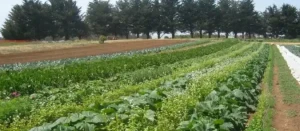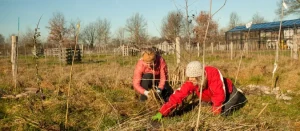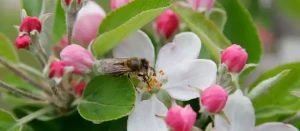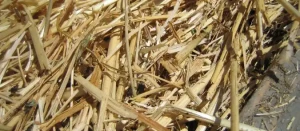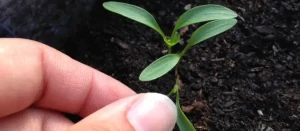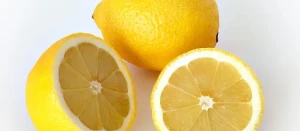SEARCH RESULTS > ARTICLES > Balance
As gardeners, we are stewards of the land, nurturing and coaxing life from soil, sun, and water. In our pursuit of abundant harvests and flourishing landscapes, we often seek methods that not only yield bountiful crops but also sustain the delicate balance of our ecosystems. One such approach that has gained significant attention and acclaim is agroecology. Learn More
In the face of escalating climate change and environmental degradation, the urgency to adopt sustainable practices has never been more critical. Permaculture, a design system rooted in principles of sustainability, offers a promising pathway towards mitigating the adverse effects of climate change (people and companies destroying nature) and restoring ecological balance. Learn More
Delving into the psychological aspects of permaculture, this article explores how gardening and working with the land can have profound positive effects on mental health and well-being. It discusses the therapeutic benefits of spending time in nature, cultivating mindfulness, and fostering a deeper connection to the environment through permaculture practices. Learn More
Learn why building guilds around your trees benefits your garden by fostering ecosystem health, promoting biodiversity, and enhancing soil fertility. Learn More
The no-dig method, also known as no-till gardening, is a sustainable and organic approach to cultivating vegetables without disturbing the soil structure. This gardening technique has gained popularity among gardeners due to its numerous benefits for soil health, plant growth, and overall garden productivity. Unlike traditional gardening methods that involve tilling, digging, and turning the soil, the no-dig method emphasizes minimal soil disturbance. Instead of breaking up the soil, gardeners layer organic materials on top of the ground to create nutrient-rich soil beds where plants can thrive. By implementing the no-dig method, gardeners can improve soil structure, enhance soil fertility, and promote beneficial soil organisms such as earthworms and microorganisms. Additionally, this approach helps to conserve water, reduce weed growth, and minimize soil erosion. Learn More
Electroculture gardening, an age-old practice gaining renewed attention, involves the application of electrical stimulation to enhance plant growth, health, and productivity. This innovative technique harnesses the power of electrical fields to optimize soil conditions and promote vibrant, resilient plants. Learn More
Starting seeds indoors is a rewarding way to kickstart your spring garden. By sowing seeds indoors, you gain greater control over the germination process, extend your growing season, and ensure stronger, healthier plants when it's time to transplant them outdoors. Whether you're a seasoned gardener or just starting out, this comprehensive guide will walk you through the steps to successfully start seeds indoors and set the stage for a bountiful garden. Learn More
Benefits of Worms in Soil. Worms are invaluable to gardeners for various reasons. They enhance soil structure, increase nutrient availability, and promote microbial activity. One of their lesser-known benefits is their role in regulating soil pH. Learn More
